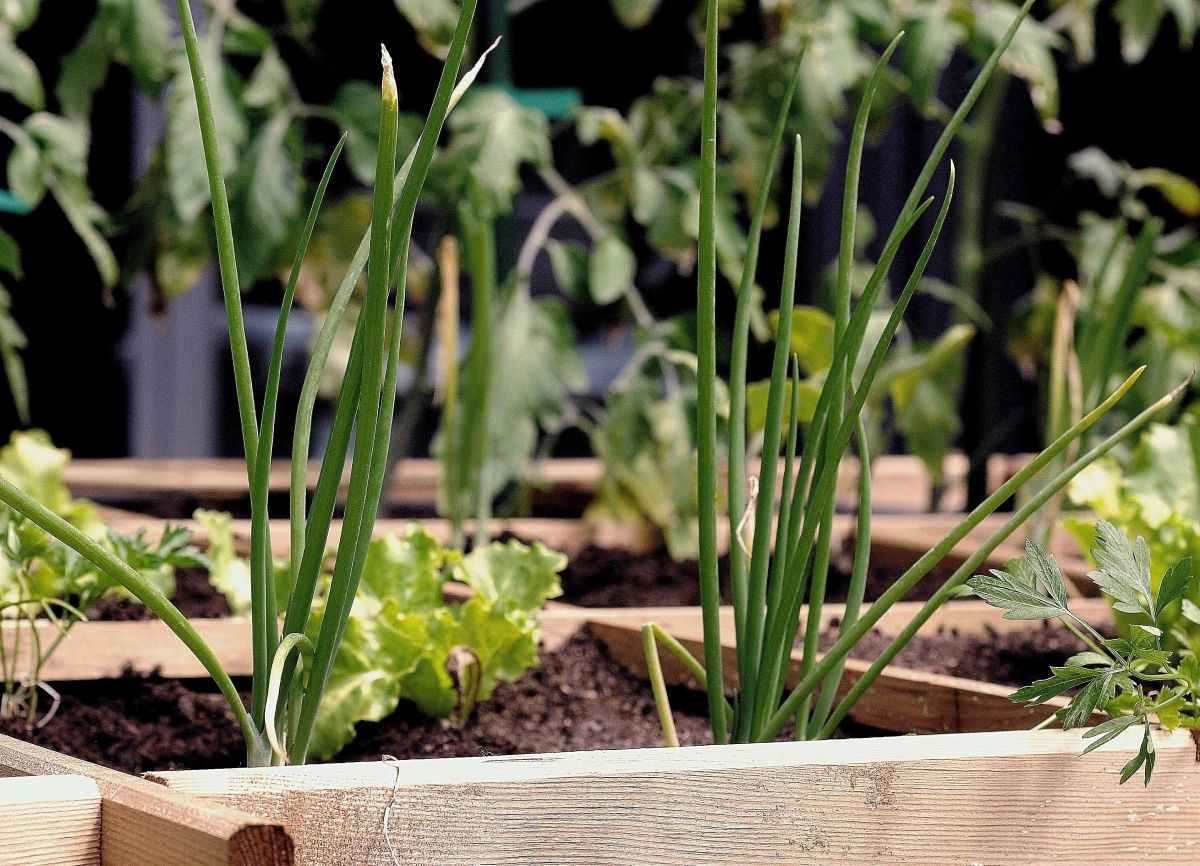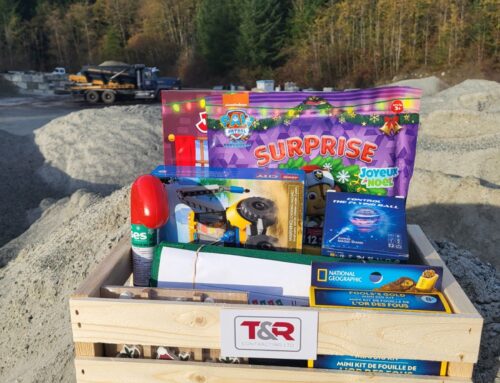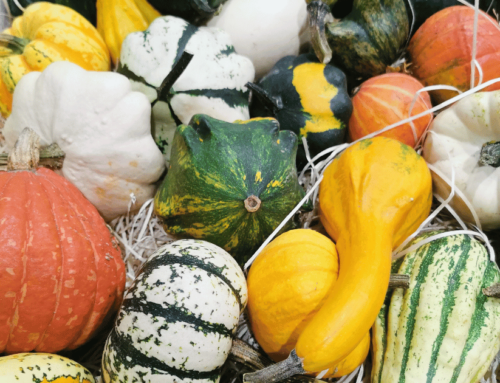Gardening tips for Earth Day 2023

Gardening is a great way to contribute to Earth Day and make a positive impact on the environment. Not only does it help to reduce your carbon footprint, but it also provides you with fresh, organic produce and a beautiful outdoor space to enjoy. There are so many ways to get involved in Earth Day but for now we’ll share some gardening tips for Earth Day that will help you make the most of your space while reducing your impact on the planet. Remember Earth Day is not a day but a movement!
Did you know:
More than 1/3 of food produced globally is wasted.
Tip: Growing your own vegetables means less waste and less green house gasses.
Use Compost
Composting is an excellent way to reduce your waste while creating a nutrient-rich soil for your plants. You can use food scraps, leaves, and other organic materials to make compost. Not only does this help to reduce your carbon footprint by keeping organic waste out of landfills, but it also creates a natural fertilizer that is great for your garden. There is a wide variety of composting systems available for every life style.
Plant Native Plants
Native plants are adapted to the local climate and soil conditions, which makes them easier to grow and maintain. They also provide important habitat for local wildlife, such as bees, butterflies, and birds. By planting native plants, you can help to support local ecosystems and reduce the need for pesticides and fertilizers. In Powell River we also have an issue with deer which can run havoc on gardens and crops.
Steer clear of deer
The best way to keep out deer is to build a tall fence, but there are many deer resistant plants that can help keep the deer out of your garden and will grow in the local Zone 8 and are not an invasive species.
- Bluebeard (Caryopteris): This bright blue flowering shrub brings late season colour to the garden. Pollinators love it, but deer don’t.
- Forsythia: This sturdy shrub’s cheery yellow blooms welcome early spring. It’s not particularly appealing to deer.
- Summer Lilac (Buddleia): Butterfly bushes bloom all summer long, attracting pollinators but not deer. They come in heights ranging from two feet to six feet, so there’s one for every garden. New types are not invasive.
- False Indigo (Baptisia)
Deer are not fans of this native perennial, which sends up spikes of flowers in late spring. Flower colours range from deep purple to pale pinks and darkest charcoal, and it’s drought-resistant, too, once established. - Coral Bells (Heuchera)
These perennials are grown for their striking, glossy foliage, which comes in an array of colours from lime green to deep chocolate. Deer aren’t particularly in love with this plant. - Ornamental Grasses: The texture of most perennial grasses keep deer away because they prefer more tender, succulent plants. Grasses are drought-hardy, too, once established.
- Bee Balm: These beautiful perennials attract tons of pollinators, but deer aren’t enticed once they catch a whiff of their minty foliage.
Reduce Invasive Species
Climate change exacerbates just about every problem. And invasive species are no exception.
Invasive plants species compete for water and resources and can overwhelm native species. And often can be very detrimental on the environment. For example in BC Scotch broom (Cytisus scoparius) is very invasive produce lots of seeds, spread rapidly and heir branches are very oily by nature, and they can help a wildfire rage. Learn to identify the top invasive species and help to control the spread.
Use Rainwater
Collecting rainwater is an excellent way to reduce your water consumption while providing your garden with the moisture it needs to thrive. You can collect rainwater in a barrel or other container and use it to water your plants during dry periods. This helps to reduce your dependence on municipal water supplies, which can be costly and often contain chemicals and other contaminants.
Use Organic Fertilizers
Chemical fertilizers can be harmful to the environment, polluting waterways and harming wildlife. Organic fertilizers, such as compost, manure, and bone meal, are a great alternative. They are natural and safe for the environment, providing your plants with the nutrients they need to grow strong and healthy. At T&R we offer a Salish Soil Fish Compost (https://www.tandrcontracting.ca/garden-supply/) which is nutrient dense so you do not need extra fertilizer.
Use Natural Pest Control
Chemical pesticides can be harmful to beneficial insects, such as bees and butterflies, as well as other wildlife. Natural pest control methods, such as companion planting, using insecticidal soaps, and attracting beneficial insects, are a safer and more sustainable alternative. By using natural pest control methods, you can help to support local ecosystems and reduce your impact on the environment.
In conclusion, gardening is an excellent way to contribute to Earth Day and make a positive impact on the environment. By using compost, planting native plants, removing invasive plants, using rainwater, using organic fertilizers, and using natural pest control methods, you can create a beautiful and sustainable garden that supports local ecosystems and reduces your carbon footprint. Work towards sustainability and helping the environment. Happy gardening!
Earthday.org
INVEST IN OUR PLANET
Get Inspired. Take Action. Be a part of the green revolution.
Resources
Earthday.org
Peak: Lets Talk Trash: Managing Invasive Species
David Suzuki Foundation: Nature Based Solutions
Invasive Species Council of BC
T&R: Water Mitigation and Mud Control
David Suzuki Foundation: How to Attract Pollinators





